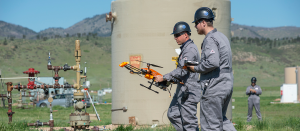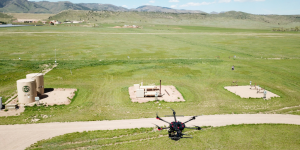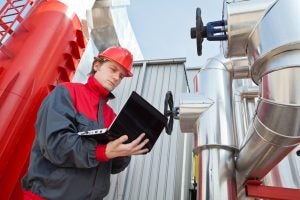 A “better, faster, cheaper” methane leak detection solution used to be an elusive unicorn of the oil and gas industry. Yet, since EDF commenced its methane innovation work in 2014, there has been a mass proliferation of innovative methane detection companies, big and small. With new ideas and new technologies, innovators are challenging old assumptions and pushing the frontier of what is possible.
A “better, faster, cheaper” methane leak detection solution used to be an elusive unicorn of the oil and gas industry. Yet, since EDF commenced its methane innovation work in 2014, there has been a mass proliferation of innovative methane detection companies, big and small. With new ideas and new technologies, innovators are challenging old assumptions and pushing the frontier of what is possible.
The Stanford and Environmental Defense Fund Mobile Monitoring Challenge launched in 2018 to independently and rigorously assess a selection of the most promising technologies available today to help oil and gas companies detect, pinpoint and estimate methane leaks from upstream production facilities.
The results of this challenge were published today in the journal Elementa — and the findings offer a glimpse towards a promising new era of higher frequency monitoring. Even as the Trump administration attempts to dismantle the Environmental Protection Agency’s common-sense methane regulations, some companies are looking to innovative technology to go above and beyond what is currently required. The results are significant beyond U.S. borders as well. Numerous international oil companies, including the members of the Oil and Gas Climate Initiative, will require higher frequency, accurate methane monitoring to help achieve their methane reduction commitments.
Here are the three main takeaways from the Mobile Monitoring Challenge study.














